Publications
Articles, publications, books, tools and multimedia features from the U.S. Institute of Peace provide the latest news, analysis, research findings, practitioner guides and reports, all related to the conflict zones and issues that are at the center of the Institute’s work to prevent and reduce violent conflict.
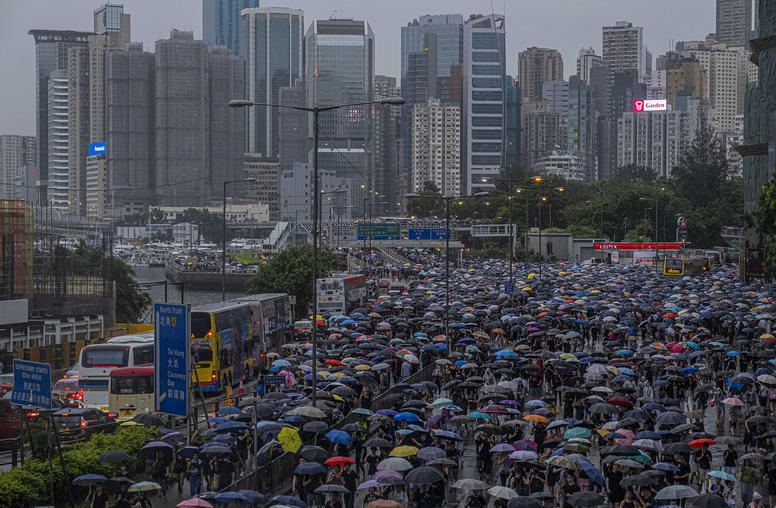
Despite Beijing’s Threats, Hong Kong Protesters Remain Unbowed
Hong Kong saw another massive rally on Sunday, with an estimated 1.7 million pro-democracy protesters taking to the streets. So far, China’s response to the protests, which started in June over a proposed bill that would have allowed extradition to mainland China, has largely consisted of a disinformation campaign and support for the Hong Kong police, which have engaged in violent beatings, extensive use of tear gas, and firing of rubber bullets to clamp down on the protesters. USIP experts discuss how the situation has evolved, the potential of Beijing conducting a violent crackdown, what the international community’s response would be, and what the U.S. can do.
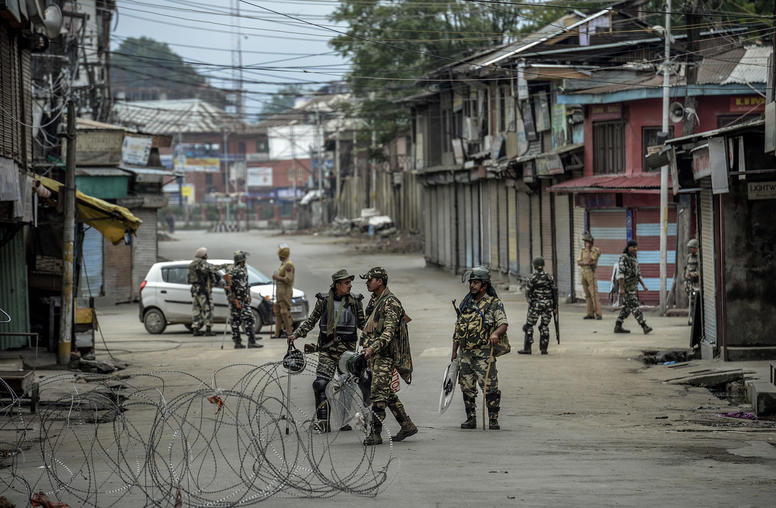
The Latest Kashmir Conflict Explained
USIP Jennings Randolph Fellows Dr. Tara Kartha and Ambassador Jalil Jilani look at the latest crisis in Kashmir from their respective views. Dr. Kartha was a member of India’s National Security Council for 15 years and has over 30 years’ experience in national security policy. Amb. Jilani, a career Pakistani diplomat, is a former ambassador to the U.S. and former foreign secretary. This post represents the views of the authors and not those of USIP.
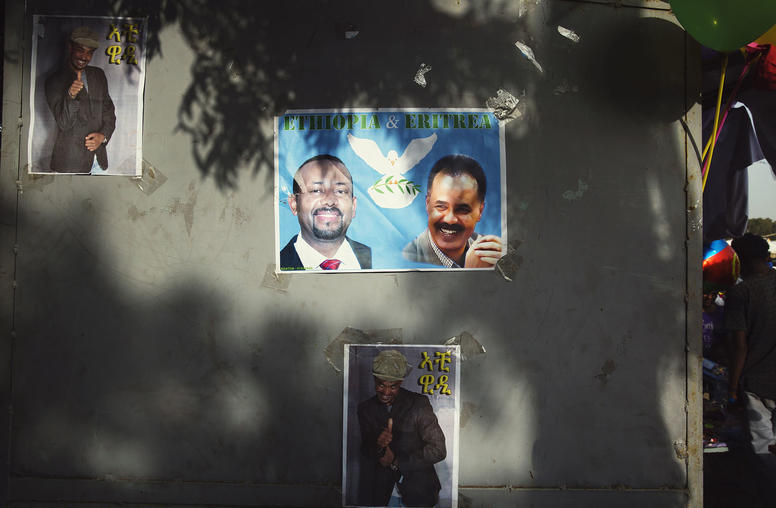
A Year After the Ethiopia-Eritrea Peace Deal, What Is the Impact?
Ethiopia and Eritrea signed a peace agreement just over a year ago to end two decades of a “frozen war.” The accord, which resolved a seemingly intractable border dispute after Ethiopian Prime Minister Abiy Ahmed took office and accepted an independent commission’s 2002 boundary decision, was greeted with tremendous optimism in both countries and by international observers.
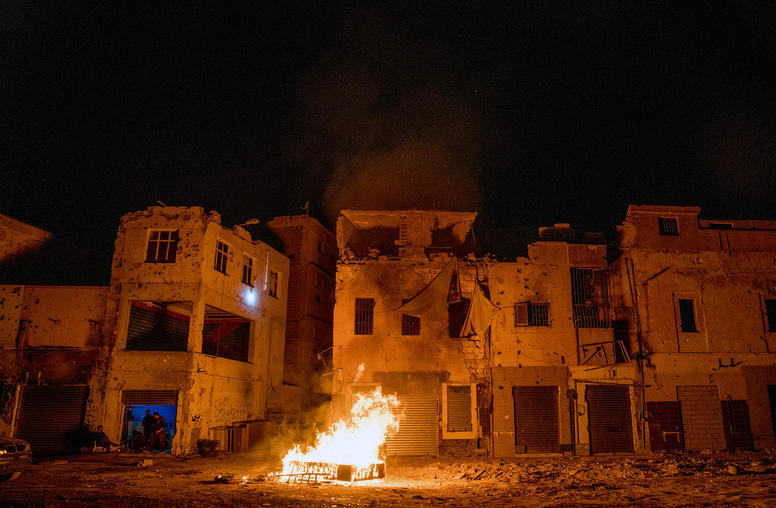
Factional Conflict Leaves Libya Deadlocked
In April 2019, Field Marshal Khalifa Haftar and his self-styled Libyan National Army launched an offensive to capture Tripoli from the U.N.-backed Government of National Accord seated there. Four months later, the result has been a virtual stalemate that has claimed over 1,000 lives. And while fighting on the ground is at a standstill, multiple regional actors continue providing air support and direct aid to either side. USIP’s Thomas Hill breaks down the current situation in Libya and the possibility for peace amid this deadly standoff.
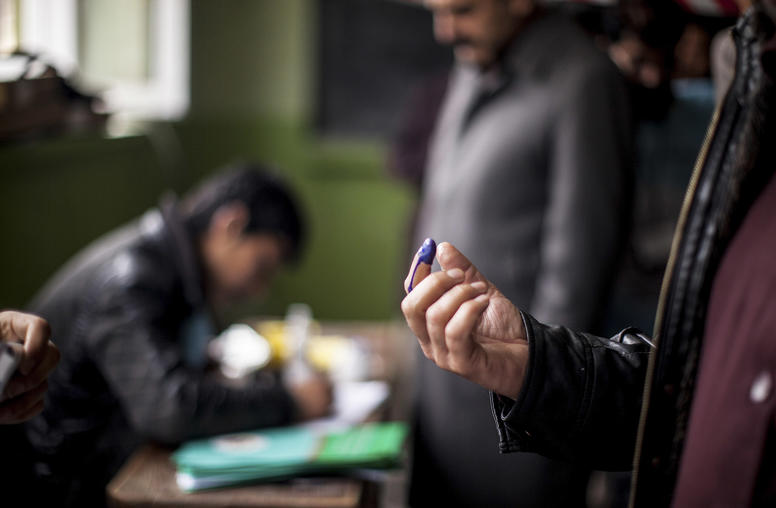
Walking a Fine Line: Holding Elections Amid Peace Processes
Elections that are organized amid a peace process can either destabilize or pacify a conflict. The vote can put significant pressure on a peace accord, as Colombia is experiencing today, or it can integrate formerly warring parties into the political process, as in Nepal’s 2008 Constituent Assembly elections. The timing of elections in relation to peace processes, as well as the inclusivity of the process itself, are critical in determining whether peace or conflict prevails at the polls.
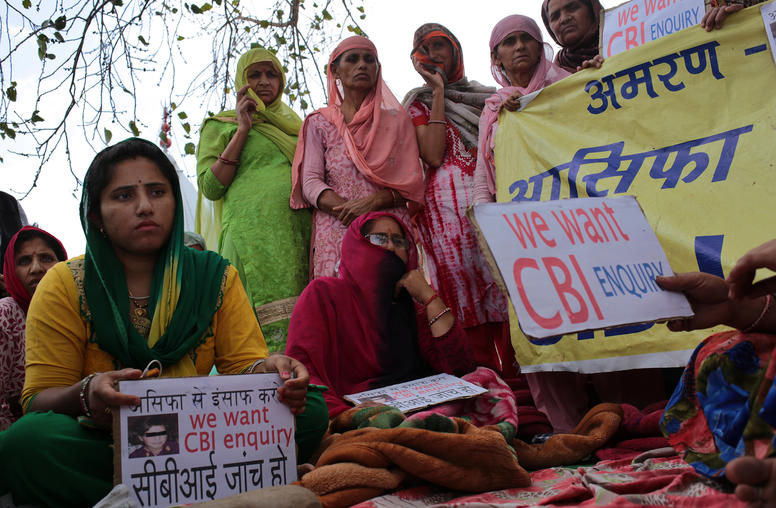
To Build Peace, Boost the Women Who Lead the Movements
Images of this year’s grassroots movements for social and political change—such as the ouster of authoritarian rulers in Sudan and Algeria—reiterate that women worldwide are driving campaigns that can strengthen democracy and reduce violent conflicts. Yet 20 years after the United Nations proclaimed the need for women at the center of the world’s peacebuilding and stabilization efforts, they remain marginalized in those official processes. So when USIP and a program at the University of Denver organized a training initiative this summer for 14 women leading civic movements for social change, a message glared from the mountain of nominations received from experts and groups working on the world’s violent crises.
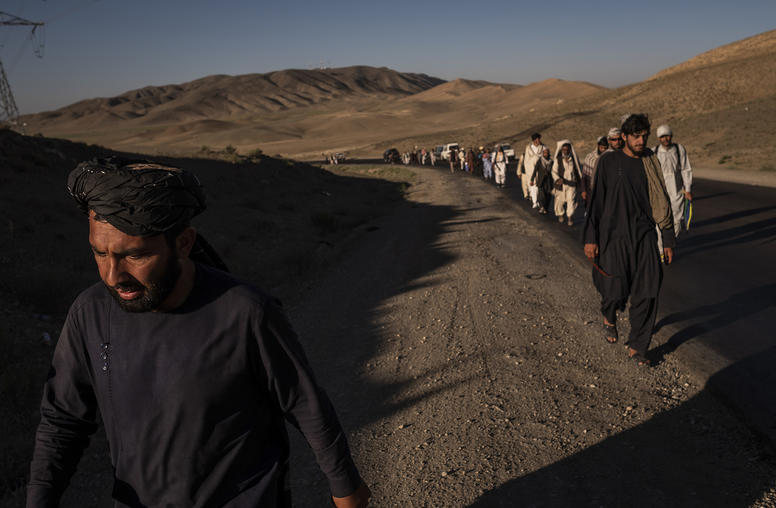
Afghan peace talks are damaged, but not yet broken.
President Trump’s weekend announcement of a halt to U.S. peace talks with Afghanistan’s Taliban—including a previously unannounced U.S. plan for a Camp David meeting to conclude that process—leaves the future of the Afghanistan peace process unclear. USIP’s Andrew Wilder, a longtime Afghanistan analyst, argues that, rather than declaring an end to the peace process, U.S. negotiators could use the setback as a moment to clarify the strategy, and then urgently get the peace process back on track before too much momentum is lost.
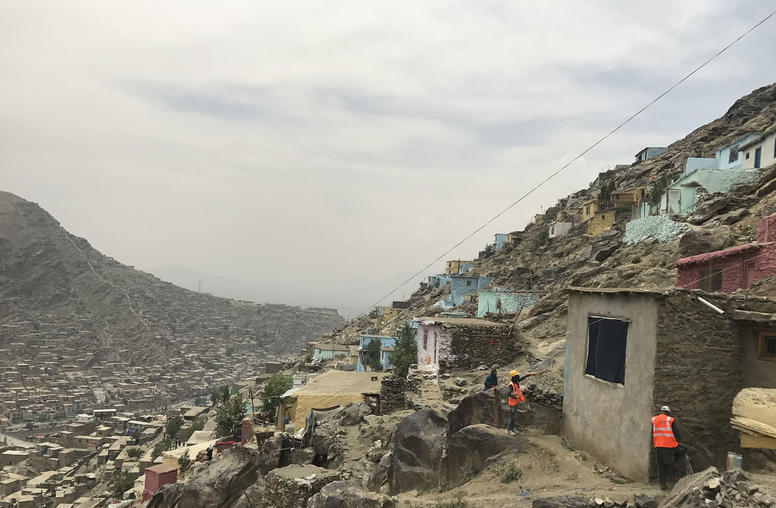
A Rift Over Afghan Aid Imperils Prospects for Peace
As the United States has pursued peace talks with the Taliban, international discussions continue on the economic aid that will be vital to stabilizing Afghanistan under any peace deal. Yet the Afghan government has been mostly absent from this dialogue, an exclusion exemplified this week by a meeting of the country’s main donors to strategize on aid—with Afghan officials left out. The government’s marginalization, in large part self-inflicted, is a danger to the stabilization and development of Afghanistan. In the interests of Afghans, stability in the region and U.S. hopes for a sustainable peace, this rift in the dialogue on aid needs to be repaired.
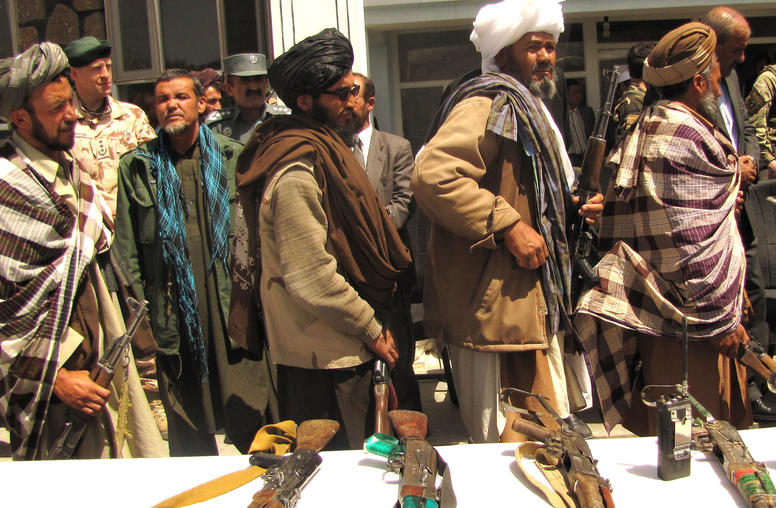
What are the Prospects for Power-Sharing in the Afghan Peace Process?
While the negotiations between the U.S. and the Taliban were recently thrown-off course, a peace agreement among Afghans remains an urgent priority. The U.S.-led negotiations over a phased drawdown of U.S. troops in exchange for a Taliban commitment to eschew terrorism and engage in intra-Afghan negotiations took nearly a year. Yet these talks excluded the Afghan government and other political elites and didn’t address the fundamental question of what it will take for Afghans to put a sustainable end to four decades of war: how will power be shared?
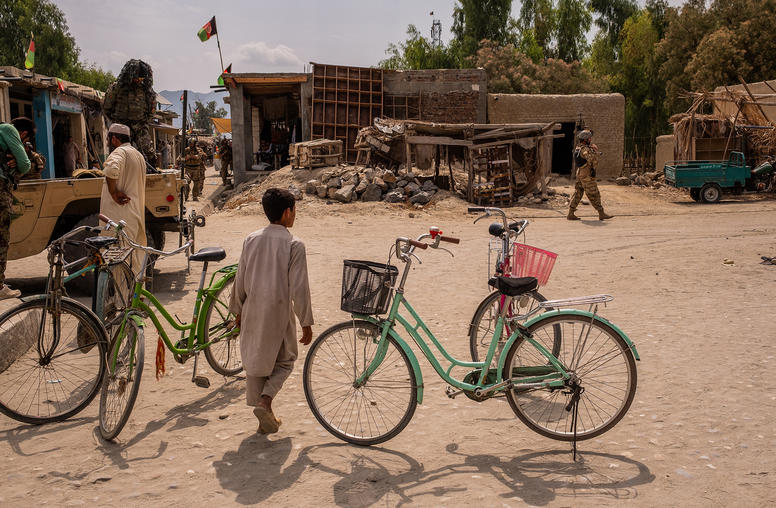
How to Revive an Afghan Peace Process
The halt to U.S. peace talks with the Taliban, announced September 7 by President Trump, should be used as a starting point for new negotiations, according to U.S. and Afghan specialists. The United States and Afghans have a chance to shape a new phase of talks to maximize the possibilities for a peace accord that Afghans can accept, the experts said at USIP. Some urged resuming talks as quickly as possible. Others argued for focusing first on unifying non-Taliban Afghans following the planned September 28 elections, and on exploiting war fatigue among the Taliban.